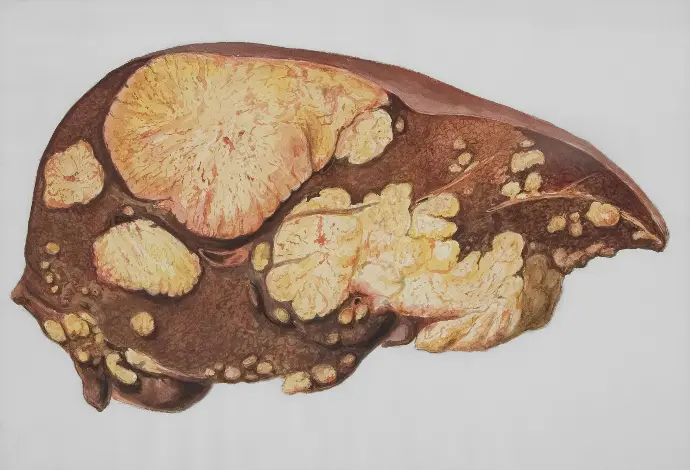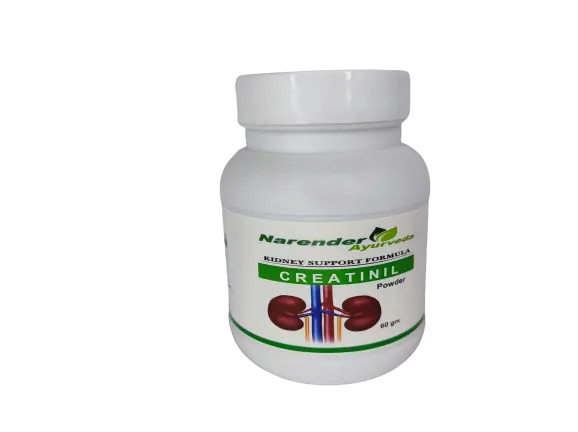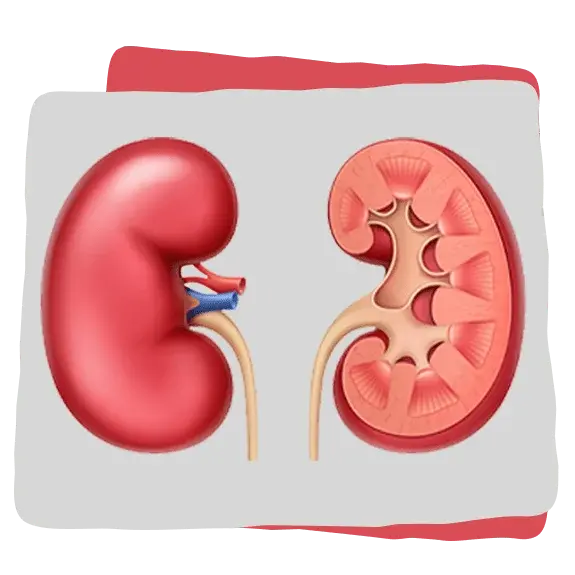Services

Liver Treatment
Take Control of Your Liver Health: Consult a Leading Liver Cirrhosis Specialist Today. Unlock the Healing Power of Ayurveda: Connect With An Ayurvedic Doctor for Liver Care. Cured Thousands Patients. Liver Cirrhosis Doctor. Liver Cirrhosis Cure. No Side effects.

Ayurvedic Medicine
Ayurveda considers the pathological condition of the patient before curating the treatment approach. Any kind of disease is triggered in the body by the blockage of certain specific channels called srotas and life energies or Doshas that make the organ function. The Ayurvedic viewpoint of any disease is related to the impediment in the channels (inner transport support of the body) or aggravation of life energies or Doshas. The kidneys are the roots of Madovaha channels, which are channels of fat and blood tissues. So, when there is any impairment in the functioning of these channels (conditions related to fat and blood), the trigger is the dysfunction of the kidneys. Madhumeha or diabetes is a well-known condition that prompts kidney disease.
The kidneys are linked to channels - Mutra Vaha Srotas (channels that carry urine to and fro from the kidneys). Henceforth, deviation in the functioning of these channels also results in kidney failure. You may experience swelling and shrinkage in the kidneys if Mutra Vaha srotas may not accept and pass fluid properly.
Ayurveda has many potent herbs like Kaasni, Punarnava, Gokshuradi to detoxify those blockages and reduce swelling while strengthening the kidney function at the same time. A wide spectrum of procedures including herbal concoctions, Panchakarma, aim to restore the filtering capacity of the kidneys to enforce natural elimination of wastes like creatinine.

Kidney Treatment
Kidney Dialysis and kidney transplant are one of the common solutions that kidney patients take in their later stage. Their main goal of treatment is to relieve symptoms, prevent complications, and delay kidney damage. Dialysis is mainly of 2 types’ hemodialysis and peritoneal dialysis.
- A kidney transplant is done from a matching donor and at times the body may reject the replaced kidney, followed by another transplant.
- The patient has to take lifetime course of medications with transplant which could have many side-effects on the body.
- Dialysis, on the other hand, is risky and creates chances of developing the kidney infection.
- Also, Dialysis is a very expensive process and doesn’t fix the disease.